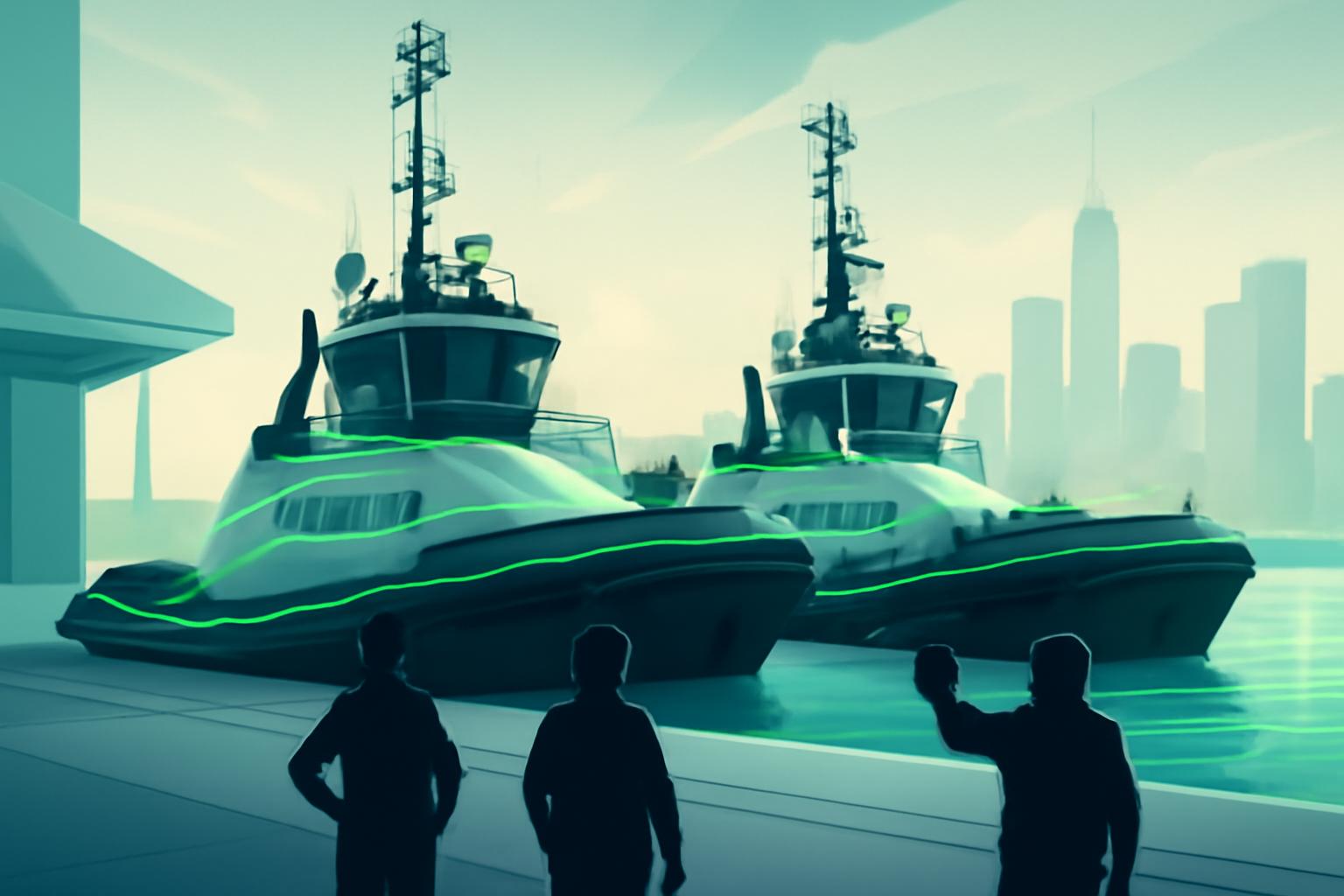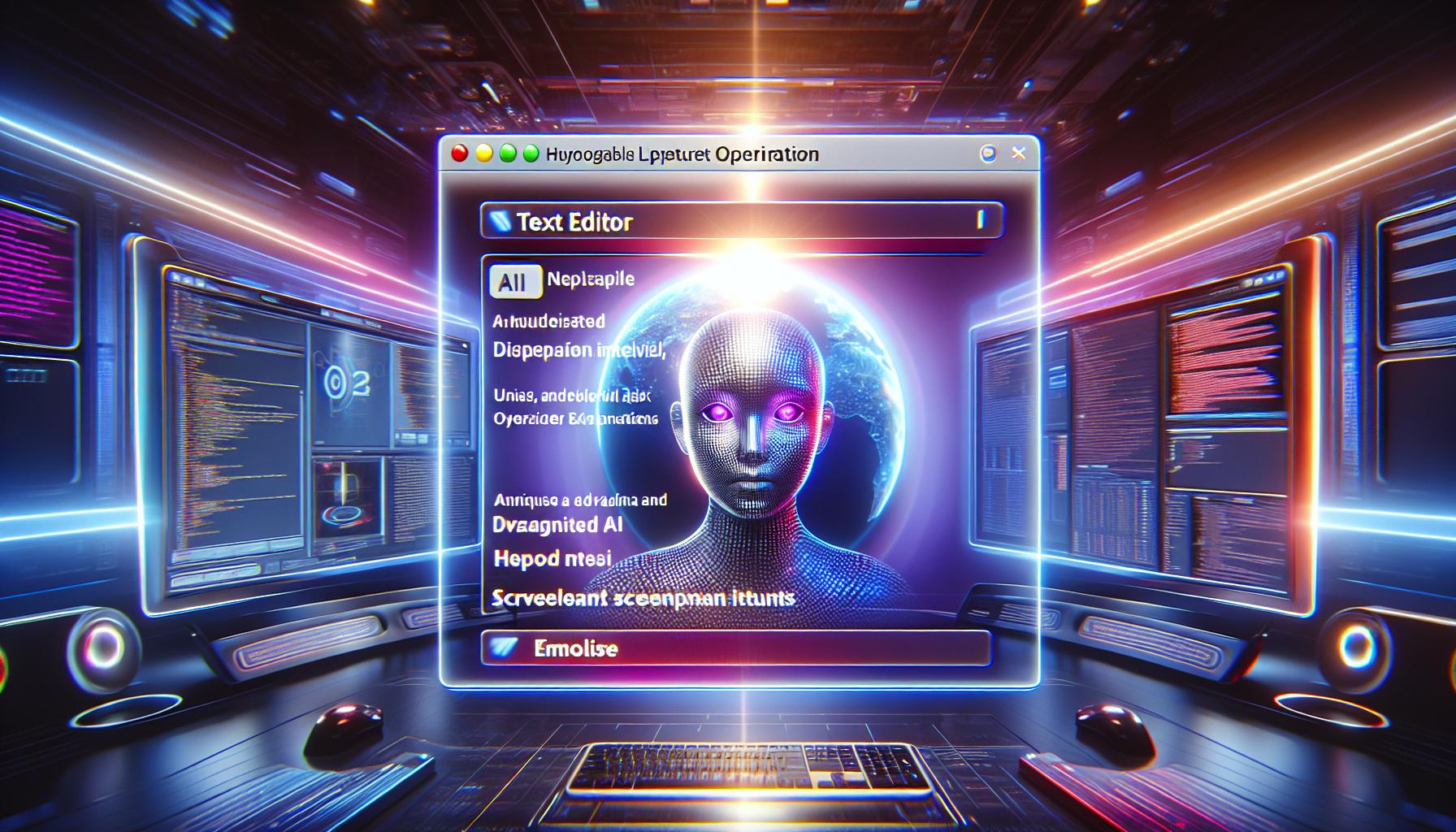Arc Boats Secures Landmark $160 Million Contract for Hybrid-Electric Tugboats
Arc Boats, a Los Angeles-based startup founded in 2021 by former SpaceX engineers, has announced its first major commercial order in the maritime sector: a $160 million contract with Curtin Maritime, a tug and barge operator. The agreement covers the construction of eight hybrid-electric ship-assist tugboats, scheduled to enter service at the Port of Los Angeles by 2027.
Advancing Marine Electrification in Tug Operations
The new vessels, each valued at approximately $20 million, will be built in partnership with Snow & Co. shipyard. These ship-assist tugboats play a critical role in maneuvering large cargo ships into and out of busy ports. Traditionally powered by large diesel engines, these tugs are significant sources of carbon emissions and air pollutants such as sulfur oxides, posing environmental and health challenges.
Arc CEO and co-founder Mitch Lee highlighted the environmental impact, noting that these tugboats are among the most polluting vehicles per linear foot. By integrating large 6 MWh batteries and electric motors delivering over 4,000 horsepower, Arc’s hybrid system drastically reduces reliance on diesel engines. A smaller diesel generator remains onboard to recharge batteries on longer voyages or where charging infrastructure is unavailable, ensuring operational reliability.
Design Benefits Beyond Emissions Reduction
Beyond emission reductions, the hybrid-electric design frees up space previously occupied by large exhaust stacks and diesel powerplants. Lee suggested that the additional space could enhance crew accommodations, which is significant given that tug operators often live aboard vessels during extended shifts. Improved visibility from the wheelhouse is another benefit, as the absence of smoke stacks eliminates visual obstructions.
Operational and Economic Implications
Arc anticipates that the simpler electric drivetrain will reduce maintenance downtime compared to conventional diesel tugs. Combined with lower fuel costs, this presents a compelling economic case for operators. Lee emphasized that the typical short and repetitive nature of tug missions is well-suited to electric propulsion, potentially enabling significant operational efficiencies.
Challenges and Industry Context
Unlike the company’s sport boats, which Lee has personally piloted, the large tugboats require special licensing for operation, limiting direct testing by the CEO. Nonetheless, Lee remains optimistic about the broader impact of modernizing commercial tug operations, an essential yet often overlooked component of maritime logistics.
As maritime industries face increasing pressure to reduce carbon footprints, Arc’s hybrid-electric tugs represent a meaningful step toward sustainable port operations. With only about 20 ship-assist tugs currently active at the Port of Los Angeles, this initial order could substantially reduce local emissions and set a precedent for future fleet upgrades.
FinOracleAI — Market View
Arc Boats’ $160 million contract with Curtin Maritime marks a significant milestone in maritime electrification, highlighting growing demand for sustainable marine solutions. The hybrid-electric tugboats address critical environmental regulations aiming to reduce port emissions, which could accelerate adoption across similar operators.
Risks include the challenges of integrating new technology into traditionally diesel-reliant operations and uncertainties around marine charging infrastructure development. Close attention should be paid to the successful delivery and operational performance of these vessels by 2027, as well as regulatory developments that may incentivize further electrification.
Impact: positive













